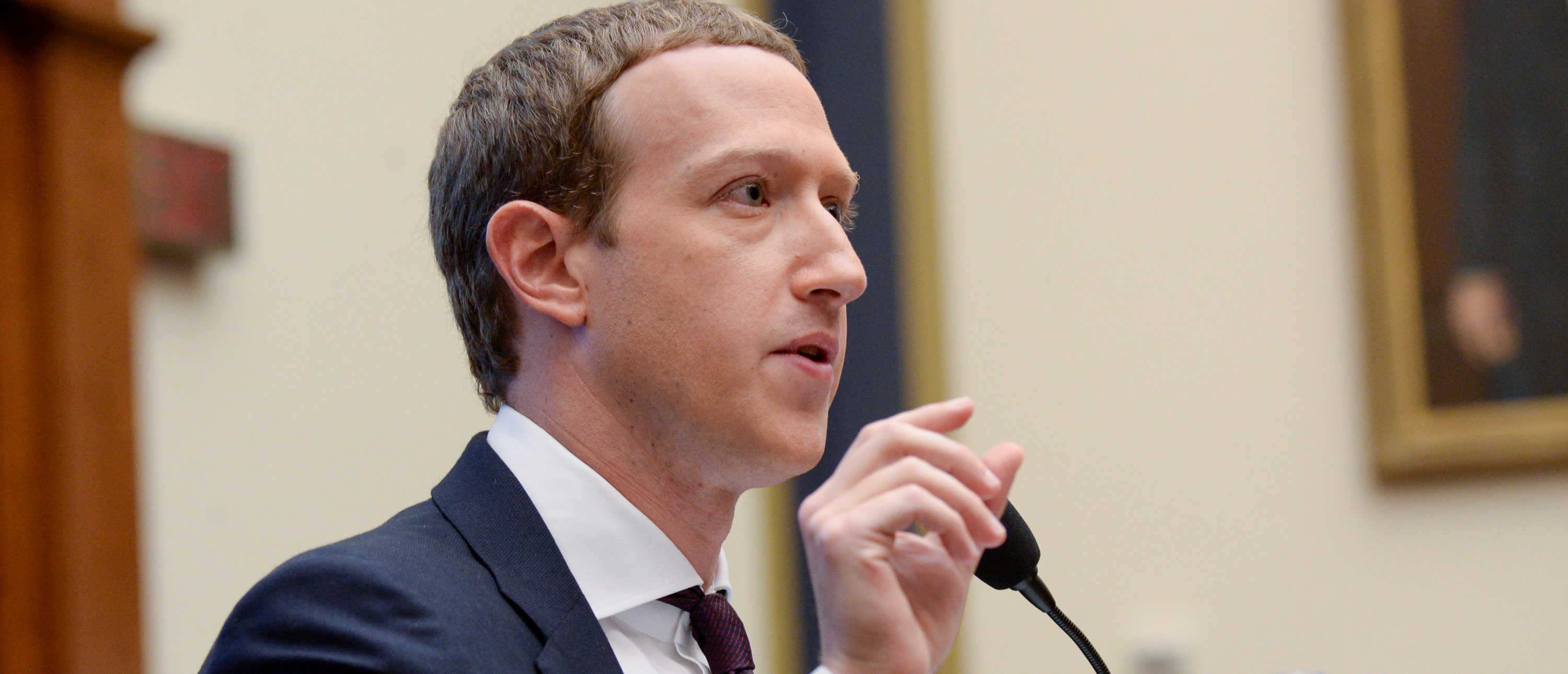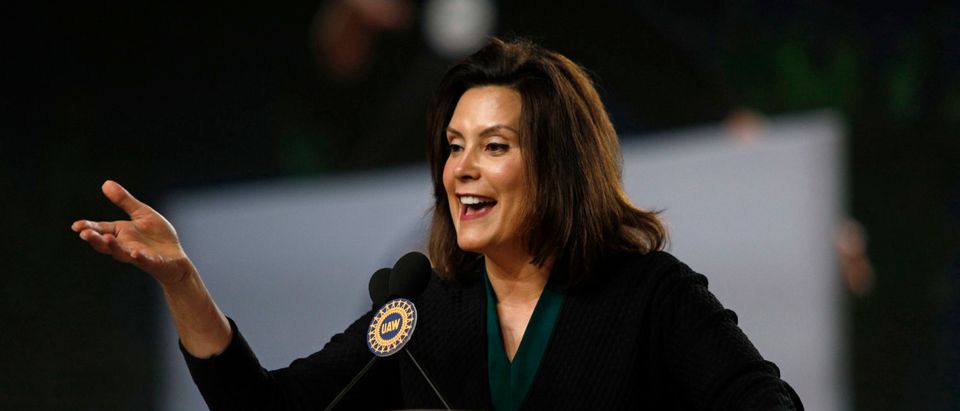To battle the coronavirus pandemic, states and cities across the U.S. have embraced authoritarian measures, but are they going too far?
Some public officials, like Democratic Michigan Gov. Gretchen Whitmer, have gone so far as to ban people from visiting friends and family unless they are doing so to perform medical assistance. Some cities have implemented mass surveillance programs, widely considered to be illegal. Police in 22 different cities have begun using DJI drones to enforce coronavirus restrictions, despite a ban on these drones by the Department of Justice. (RELATED: NYC Adds Nearly 4,000 People Who Never Tested Positive To Coronavirus Death Tolls)
Religious liberty has also been on the chopping block during the coronavirus response, as states and cities cracked down on Easter celebrations earlier this month. Democratic Kentucky Gov. Andy Beshear warned people in his state that he would have police take pictures of people’s license plates and force them to quarantine for 14 days if they attended Easter services, although a judge later ruled that churches had the right to congregate through drive thru services.
In Mississippi, police officers could be seen breaking up a service, with one officer telling the church’s pastor that “your rights have been suspended by the government.”
Video from Pastor Hamilton of King James Bible Baptist Church in Greenville, MS. Church tried the “drive-in” method of holding services & were targeted due to the Mayor issuing an order prohibiting such services. Watch as an officer tells the Pastor that his rights are suspended. pic.twitter.com/zLdT6Qd8ew
— Nick Short ???????? (@PoliticalShort) April 11, 2020
As shutdowns over the virus continue and crackdowns on civil liberties escalate, many Americans are making clear that they have had enough. Over 300,000 people have signed a petition demanding Whitmer be recalled, while protests have popped up across the country. Thousands of Americans have gathered at “reopen rallies” in state capitals throughout the country.
Virginians protesting in the state capital of Richmond last week held up signs saying “we will not comply,” while anti-lockdown protesters in the Texas state capital of Austin loudly chanted “Fire Fauci,” a reference to Dr. Anthony Fauci — President Donald Trump’s top coronavirus adviser. As protests have raged around the country, public officials and police have taken counter measures. (RELATED: FLASHBACK: Jan.21: Fauci Says Coronavirus ‘Not A Major Threat’ To U.S.)
After a North Carolina protester was arrested, the Raleigh Police Department tweeted that exercising the First Amendment right to protest was a “non-essential activity,” drawing swift backlash on social media. Whitmer has taken a punitive posture towards protesters in Michigan, saying that she might extend her state’s shutdown as a result of the virus.
“The worst irony that could come about from these demonstrations is that they force us to stay in this posture longer than — longer than we’re already planning to,” Whitmer said during a Thursday appearance on MSNBC.
Meanwhile, some governments have teamed up with big tech in an attempt to shut down these protests. Facebook reportedly deleted posts promoting the protests in several states, including California and New Jersey, after pressure from state governments. Facebook CEO Mark Zuckerberg said he classified posts promoting the protests as “harmful misinformation,” and had them taken down.

Facebook Chairman and CEO Mark Zuckerberg testifies at a House Financial Services Committee hearing in Washington, U.S., October 23, 2019. REUTERS/Erin Scott
Benjamin Franklin famously said “those who would give up essential liberty, to purchase a little temporary safety, deserve neither liberty nor safety,” and more and more Americans appear to be coming to the conclusion that the threats to their liberty are becoming a greater risk than the threats to their safety.


